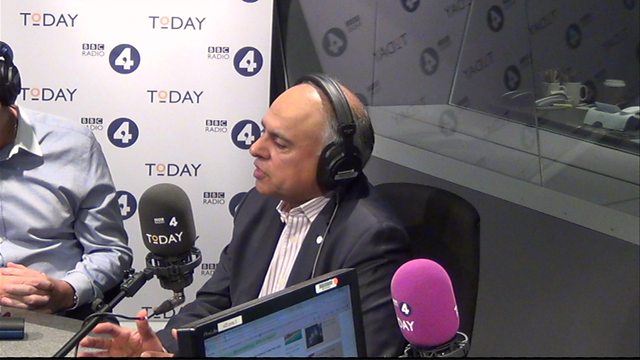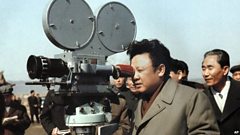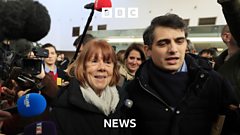
How can ISIS radicalisation of British citizens be tackled?
Former head of National Counter Terrorism Security Office and counter-terrorism expert at the Royal United Services Institute for Defence and Security Studies (RUSI).
Now that 'Jihadi John' has been identified as Mohammed Emazi, he's at the centre the debate about radicalisation. While we assume that there are efforts going on to track him down, there are difficult questions to be answered. How did it happen to him in London, and how can others be prevented from following in his footsteps?
Relatives of people whose murders were shown in Islamic State videos have said they hope his identification as will make it easier to bring him to justice.
We don't know how, or how quickly, Mohammed Emazi was radicalised in London. We do know now that he was first spotted by the security services six years ago, but that he slipped into Syria in 2013 and has since turned up in seven videos released by Islamic State publicising the murders of hostages in Iraq.
Chris Phillips, former head of the National Counter Terrorism Security Office points to the laws of freedom of speech and human rights laws that people can "hide behind".
Dr Afzal Ashraf, counter-terrorism and counter-insurgency expert at the Royal United Services Institute for Defence and Security Studies (RUSI), who advised the Government on the prevent strategy between 2009 and 2011; thinks discrediting ISIS is the way to stop people seeing it as a successful force to join.
Duration:
This clip is from
Featured in...
![]()
News and politics clips
Listen to a selection of clips from recent and upcoming programmes.
More clips from 27/02/2015
-
![]()
Rupert Pearce: 'UK a solid place to do business'
Duration: 04:34
-
![]()
North Korean dictator loved Sean Connery films
Duration: 03:44
More clips from Today
-
![]()
Gisèle Pelicot 'doesn't want to be an icon'
Duration: 14:16
-
![]()
Mishal Husain: 'Good morning and goodbye'
Duration: 09:07
-
![]()
Inside Number 9 hits the stage
Duration: 10:13








